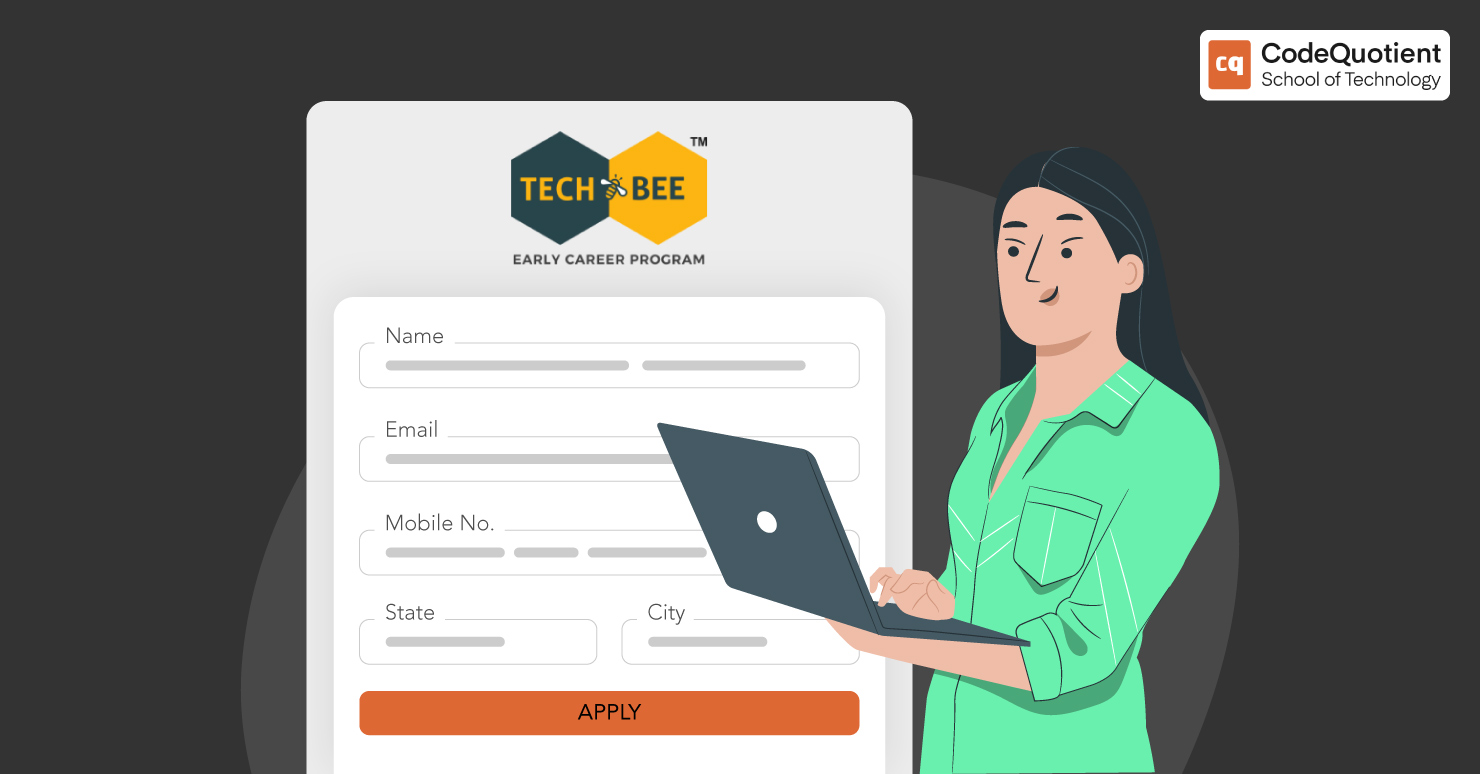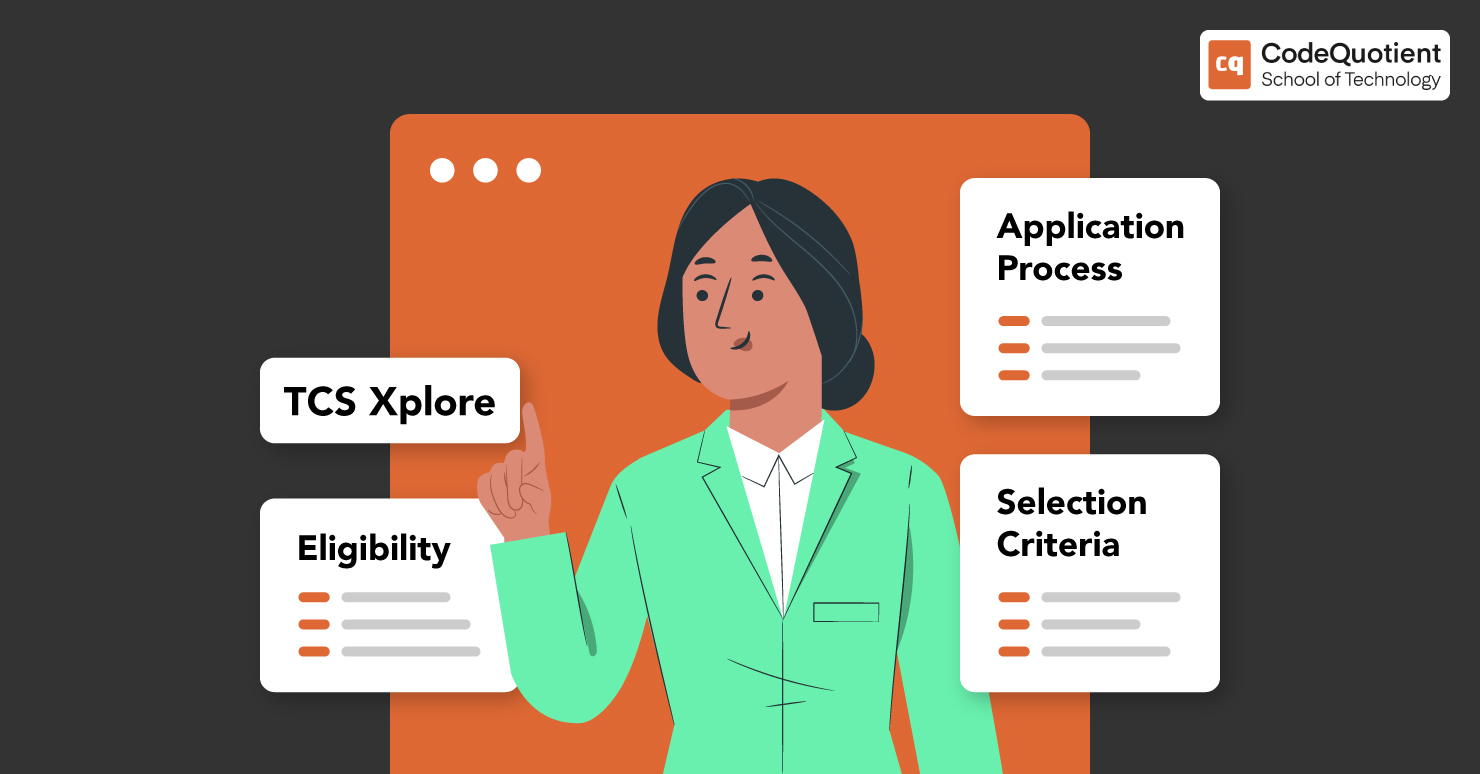In today’s job market, having the proper education and technology skills is essential for job seekers to succeed. However, with the rapidly evolving landscape, traditional education alone may not be enough for those pursuing a tech industry career.
Currently, two popular degree options for those looking to enter this field are CQ-SEP and BCA degrees. But the question is, what distinguishes these two degrees from each other? What do employers look for in graduates with these degrees?
To answer these, this article will explore the benefits and drawbacks of both CQ-SEP and traditional BCA degrees. Examining each degree’s features, readers will better understand what to expect from each program.
So, let’s get started!
What is CQ-SEP?
CQ-SEP is a comprehensive software engineering program (SEP) by the learning and career platform CodeQuotient. It teaches students the necessary coding skills and prepares them for the job market.
Unlike traditional education, CQ-SEP focuses on practical, real-world experience of up to 2 years that prepares students for a career in the tech industry.
CQ-SEP provides a UGC-Recognised Degree from a NAAC A+ accredited university and offers in-demand coding skills and paid internships after 1.5 years of the 3-year program.
Students in the program can work part-time with hiring partners, gaining up to two years of real work experience while still in school. Upon graduation, providing students with the stability they need to jump-start their careers.
What is a Traditional BCA degree?
BCA stands for Bachelor of Computer Applications, an undergraduate degree program focusing on computer science basics and its applications.
A traditional BCA degree program typically involves attending physical classes regularly, completing assignments and projects, and taking exams. The university usually sets the curriculum and follows a structured approach to learning.
While some BCA programs may offer internships, they are usually less extensive or paid than those provided by CQ-SEP programs. Upon graduation, BCA students typically look for entry-level positions in the tech industry or pursue higher education in computer science or related fields.
Choosing the Right Tech Degree: CQ-SEP vs BCA

If you’re considering pursuing a career in the tech industry, weighing the pros and cons of both degree options and determining which program aligns best with your career goals is essential.
Here’s a comparison of the two programs:
1. Curriculum
CQ-SEP offers a curriculum that focuses on teaching students the latest programming languages, tools, and technologies in high demand in the industry. The program also provides courses in software engineering, web development, and data science.
In contrast, BCA offers a more traditional curriculum focusing on computer science basics, such as programming, database management, and computer networking.
2. Real-world experience
CQ-SEP offers students up to 2 years of real work experience through paid internships with hiring partners. During this time, students work part-time with their hiring partner’s team (remote or on-site) while completing their academic courses and skill development.
BCA programs may offer internships but are typically less extensive or paid than CQ-SEP’s.
3. Assured placement
CQ-SEP guarantees assured placements for its graduates in leading tech companies, while BCA programs do not offer such guarantees.
What Employers Look for in Job Candidates: A CQ-SEP Perspective
The current job market places a high value on skills in demand, particularly in the tech industry. Employers generally look for job candidates with technical skills, soft skills, experience, communication skills, adaptability and problem-solving skills, and leadership skills.
1. Candidates’ professional and personal qualities
CQ-SEP graduates include a combination of technical skills, soft skills, and real-world work experience that make them highly valuable to employers.
BCA graduates may have technical skills. But due to the lack of exposure to the tech industry, they would possess less real-world work experience, including hands-on training with the latest tools and technologies.
2. Real-world work experience
CQ-SEP graduates stand out to employers because they provide real-world work experience and exposure to the latest tools and technologies. These qualities make them highly valuable to companies looking to hire skilled software developers and engineers.
3. In-demand skills
CQ-SEP’s focus on teaching in-demand coding skills and providing work experience makes its graduates highly sought after by leading tech companies.
CQ-SEP: Your ticket to a successful career in tech
Employers are looking for candidates with both degrees and technical and soft skills to succeed in their organisations.
Fortunately, CQ-SEP equips students with both, making them highly sought-after by employers. On the other hand, BCA degrees have their benefits, and it’s essential to assess which program aligns with your career goals.
Investing in education and gaining in-demand skills will pay off in the long run. Therefore, CQ-SEP is an excellent option for those looking to upskill and achieve their career aspirations.
To learn more about CQ-SEP, reach out to us.




